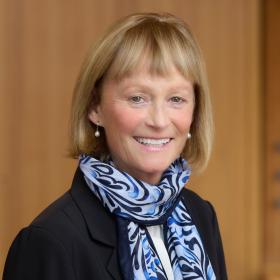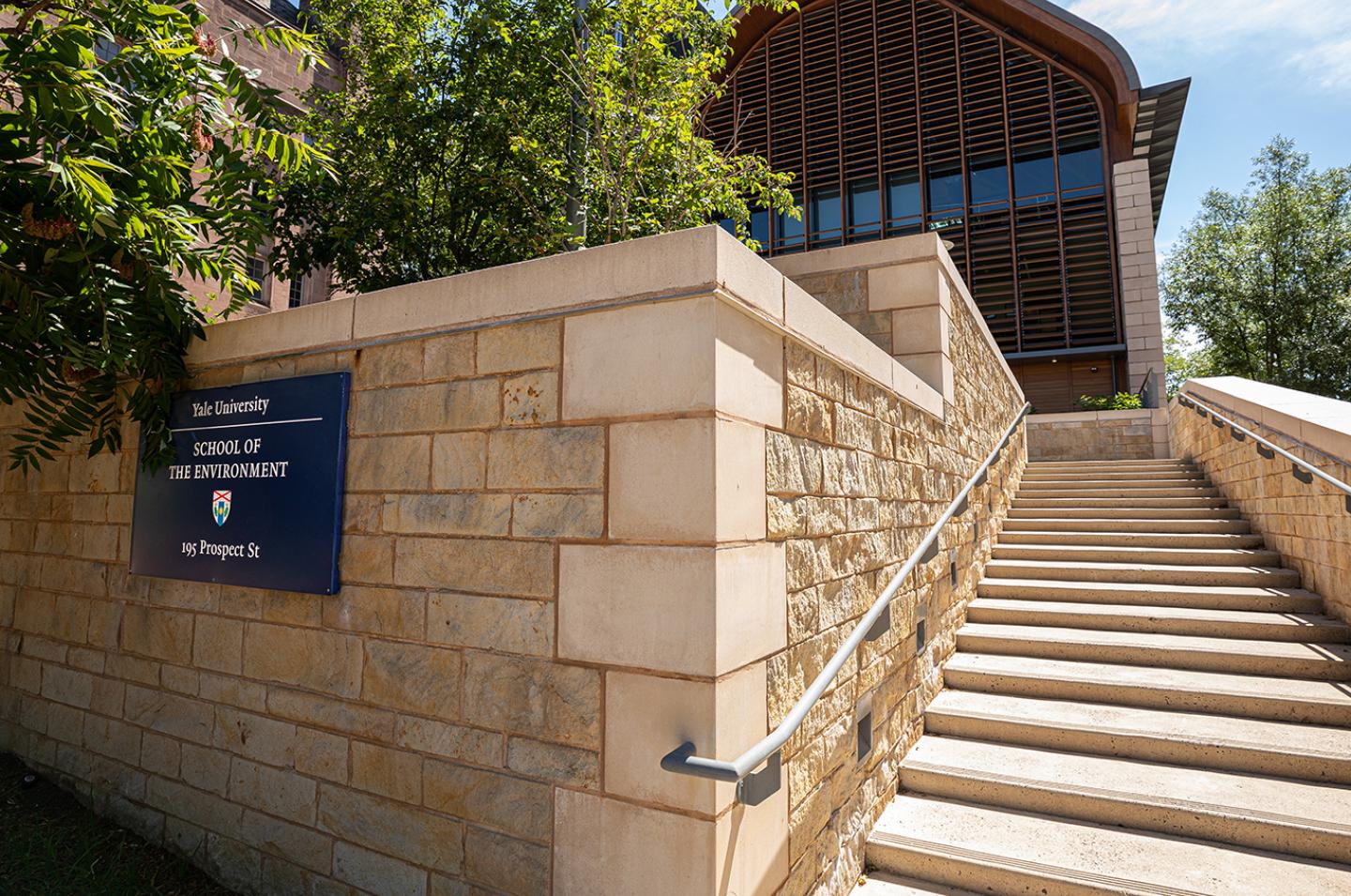



How has the mission of the Yale School of the Environment changed throughout its 123-year history?
Since 1900, the school has always focused on bringing science to solutions for sustainable environmental management. We were founded as the Yale School of Forestry, and at that time our mission was to develop solutions to sustainable natural resource use and conservation issues as they related to our nation’s forests.
But over the years, as our environmental challenges have become increasingly more complex and more interconnected, our school’s focus has broadened and deepened, and we now think in a global and interdisciplinary way about environmental issues.
Why is interdisciplinary thinking so important when addressing environmental issues?
If you just look through one lens, you cannot see the entirety of a problem. For example, only looking at climate change through the lens of atmospheric science and only focusing on reducing greenhouse gasses would obscure the fact that the production of greenhouse gasses is directly correlated to quality of life. The wealthiest societies on earth became that way by producing vast quantities of greenhouse gasses. It is only reasonable that developing nations would feel the right to do the same thing, so this problem of atmospheric science is also very much an issue of justice.
Biodiversity loss is the same thing. It is not just about counting species or watching tropical forests disappear, it’s about understanding the economics, politics, and history of natural resource management. Environmental problems always include people, and they cannot be understood without the tools of every academic discipline and the experiences of people from a diversity of perspectives and backgrounds.
What does expanding diversity at YSE look like?
One of our top priorities has been diversifying faculty, especially with respect to race and international background. We feel that a diverse faculty enriches and improves the educational program for all of our students and having top scholars as role models will help us attract and better educate a more diverse student body.
For many years, the kinds of people drawn to graduate environmental studies programs have been predominantly those from a certain demographic, whose passion lies in wilderness and conservation. Today, it’s well established that some the most intense environmental crises, such as air pollution, urban heat island effects, and flooding, are happening in major cities, not the great outdoors. It is important for us to bring in future leaders with diverse perspectives and experiences to address these complex environmental challenges.
What role should Yale play in addressing climate change?
We’re one of top universities in the world, and as such, we have a responsibility to lead on environmental issues. Our commitment is to climate impact—through faculty scholarship and public service, setting an example as a sustainable institution, and equipping future environmental leaders with the skillset necessary to address not only the environmental challenges of today but those of the future. I feel so proud to be at an institution that takes this responsibility so seriously.
